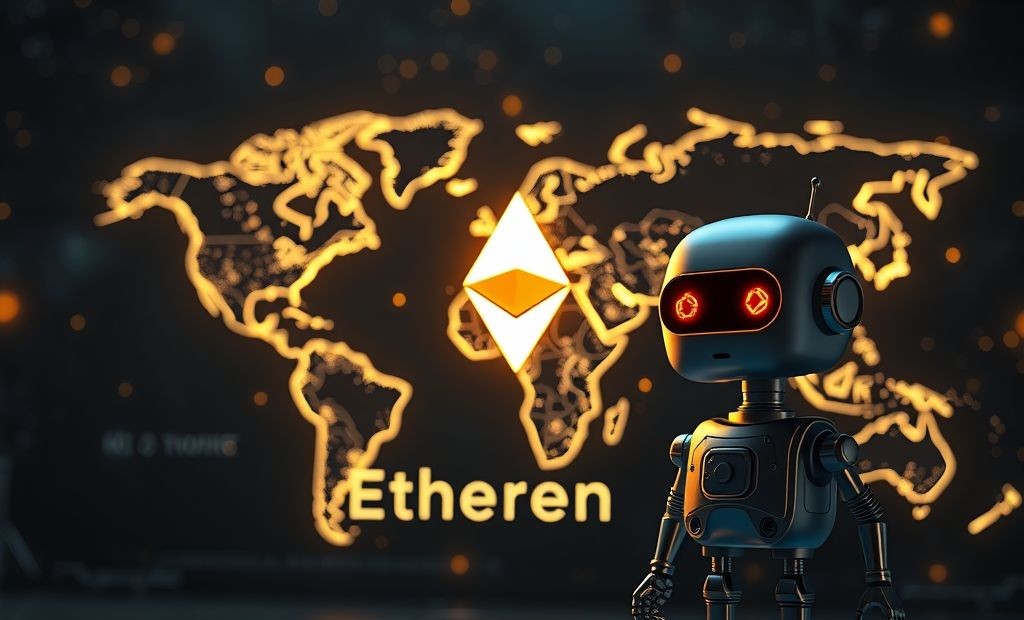Vitalik Buterin’s Doubts on Worldcoin Project

Vitalik Buterin’s Reservations About Sam Altman’s Worldcoin Project Vitalik Buterin, the co-founder of Ethereum, has voiced his concerns regarding Worldcoin, a project spearheaded by Sam...
⏱️ Estimated reading time: 2 min
Latest News
Vitalik Buterin’s Reservations About Sam Altman’s Worldcoin Project
Vitalik Buterin, the co-founder of Ethereum, has voiced his concerns regarding Worldcoin, a project spearheaded by Sam Altman of OpenAI. Buterin outlined his reservations in a detailed blog post, highlighting potential risks and challenges associated with the project’s approach to identity verification and cryptocurrency distribution.
Potential Risks and Challenges
Buterin’s critique primarily focuses on the security, privacy, and centralization aspects of Worldcoin’s system, which involves scanning irises to create a unique digital identity. He raised concerns about several key areas:
- Privacy Risks: The potential for iris scans to be hacked, leaked, or used to track individuals. Securing biometric data presents a significant challenge, and any compromise could have severe consequences.
- Accessibility Issues: The difficulty of ensuring fair access to iris-scanning technology and Worldcoin tokens for everyone, especially in developing countries or remote areas.
- Centralization Concerns: The control that Worldcoin has over the distribution of tokens and the potential for the company to exert undue influence over the ecosystem.
- Security Vulnerabilities: The potential for malicious actors to exploit vulnerabilities in the system to create fake identities or manipulate the distribution process.
Identity Verification and Blockchain
Worldcoin aims to create a global digital identity network by scanning people’s irises using a device called the Orb. The project intends to distribute its cryptocurrency, Worldcoin, to individuals who have their identities verified. This approach seeks to ensure that each person receives a fair share of the currency and prevents Sybil attacks, where one individual creates multiple fake identities.
Buterin’s Perspective
Buterin acknowledges the ambition of Worldcoin’s mission but remains cautious about the practical implementation and potential pitfalls. He emphasizes the need for robust security measures, transparent governance, and a focus on user privacy to mitigate the risks associated with such a system. He suggests exploring alternative approaches to identity verification that may be less invasive and more secure.
For more detailed information on the Worldcoin project, you can visit the Worldcoin website.
Related Posts
Bluesky Enhances Moderation for Transparency, Better Tracking
Bluesky Updates Moderation Policies for Enhanced Transparency Bluesky, the decentralized social network aiming to compete...
December 11, 2025

Google Maps: Gemini Tips, EV Charger Predictions & More!
Google Maps Gets Smarter: Gemini Tips & EV Updates Google Maps is enhancing user experience...
December 9, 2025

Adobe Acquires Semrush in $1.9B SEO Power Play
Adobe to Acquire Semrush for $1.9 Billion Adobe announced its agreement to acquire the search...
December 1, 2025











Leave a Reply